Michelle Murphy: I Served 20 Years In Prison For My Son’s Murder — Until DNA Testing Proved My Innocence
In 2014, I became the first woman in Oklahoma to be exonerated by DNA.
World DNA Day 04.25.24 By Michelle Murphy
As we celebrate World DNA Day, I am living proof of DNA’s profound impact on our criminal legal system.
My name is Michelle Murphy. I am one of 15 women exonerated in the United States with the help of post-conviction DNA testing — and I am the first and only woman in Oklahoma to be exonerated by DNA testing.
In 1994, at just 17, I was a single mother of two, navigating a challenging world, dreaming of a better future for my children and myself. But my life took a tragic turn when my infant son was murdered, a crime for which I was wrongly accused of committing. My coerced confession during a distressing police interrogation was used to convict me, and I was sentenced to life without parole. Falsely confessing to a crime I did not commit is not a unique phenomenon, and one of the leading causes of wrongful conviction.
It was clear that DNA evidence, crucial in my case due to the presence of blood at the crime scene, would be pivotal. Although lab tests conducted by the prosecution proved my DNA wasn’t present at the crime scene, this crucial information was kept from my defense team. However, during the trial, the prosecution misleadingly suggested to the jury that the blood from the scene was mine, using this to claim I was guilty.
During two decades behind bars, what kept me going was the unwavering hope of advanced DNA testing to identify the real perpetrator and help prove my innocence. My faith in God, coupled with the support of my family and friends sustained me. My local legal team, with help from the Innocence Project, finally located and tested the missing DNA evidence, proving the bloodstain was from an unknown male, and not from me as prosecutors claimed.
In 2014, when I learned that DNA had cleared my name, it was as if a heavy burden had been lifted from my shoulders. The tears I shed were not just tears of joy, but tears of relief and vindication, affirming the power of DNA testing to prove my innocence and highlight the failures of the criminal legal system.
Looking back, I think about what could have been done differently to prevent the miscarriage of justice that I endured: better training for law enforcement officers, requiring the full recording of interrogations, thorough investigations, ensuring prosecutors uphold their mandate to disclose evidence of innocence, and the testing and preservation of evidence, are just a few measures that come to mind.
To those who find themselves in a similar situation of wrongful conviction, I offer this advice: never lose hope. Support networks like the Innocence Project are essential in fighting for freedom and systemic change. Let us celebrate World DNA Day not only by acknowledging scientific progress but also by celebrating the power DNA has had in freeing nearly 600 people, who would otherwise be languishing behind bars.
I encourage you to support the Innocence Project’s DNA Fund to help bring home more of my wrongly incarcerated brothers and sisters.
______________________________________________
Michelle Murphy is a member of the Innocence Project’s Exoneree Advisory Council and Speakers Bureau. She speaks on coerced confessions, DNA, and undisclosed evidence.
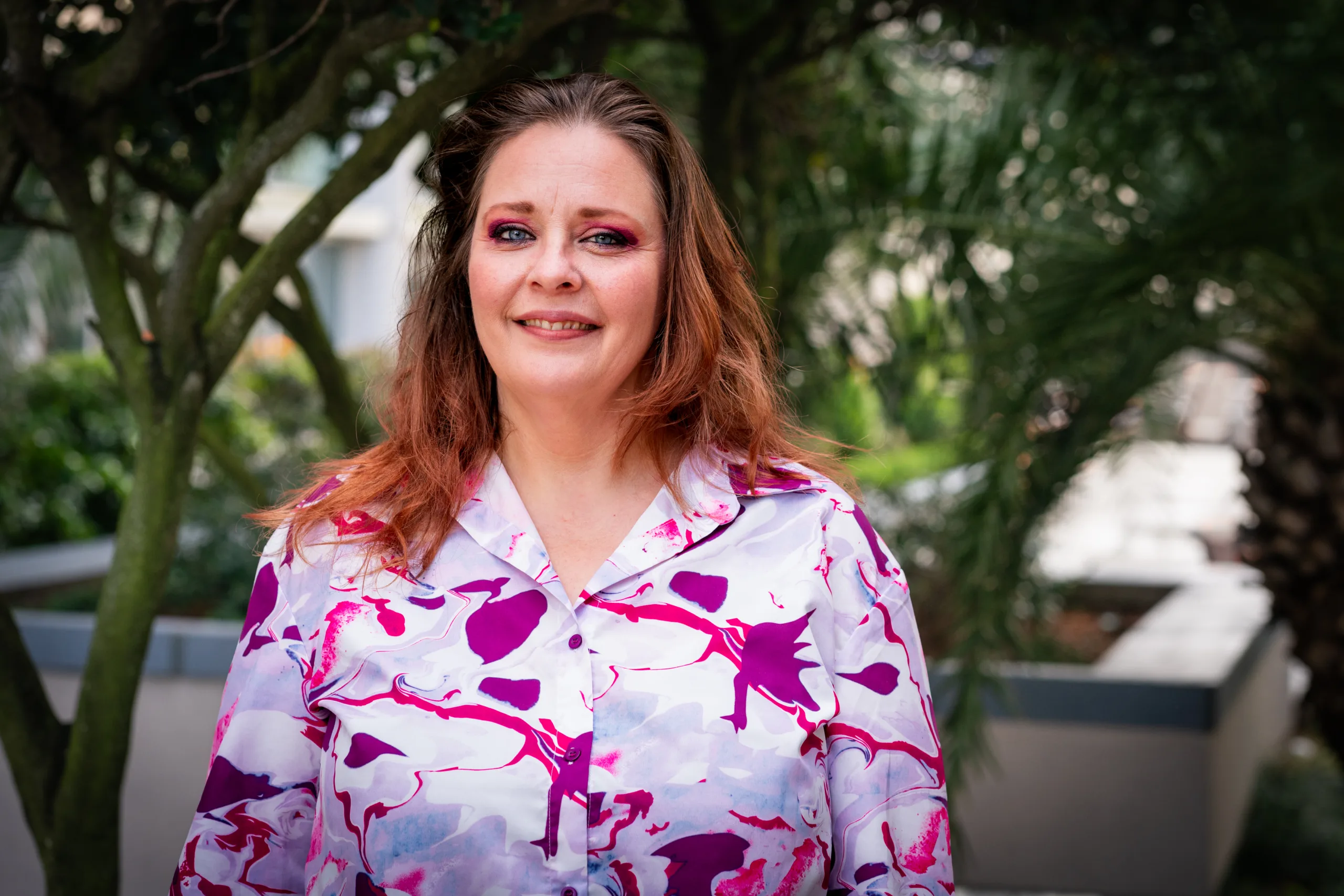
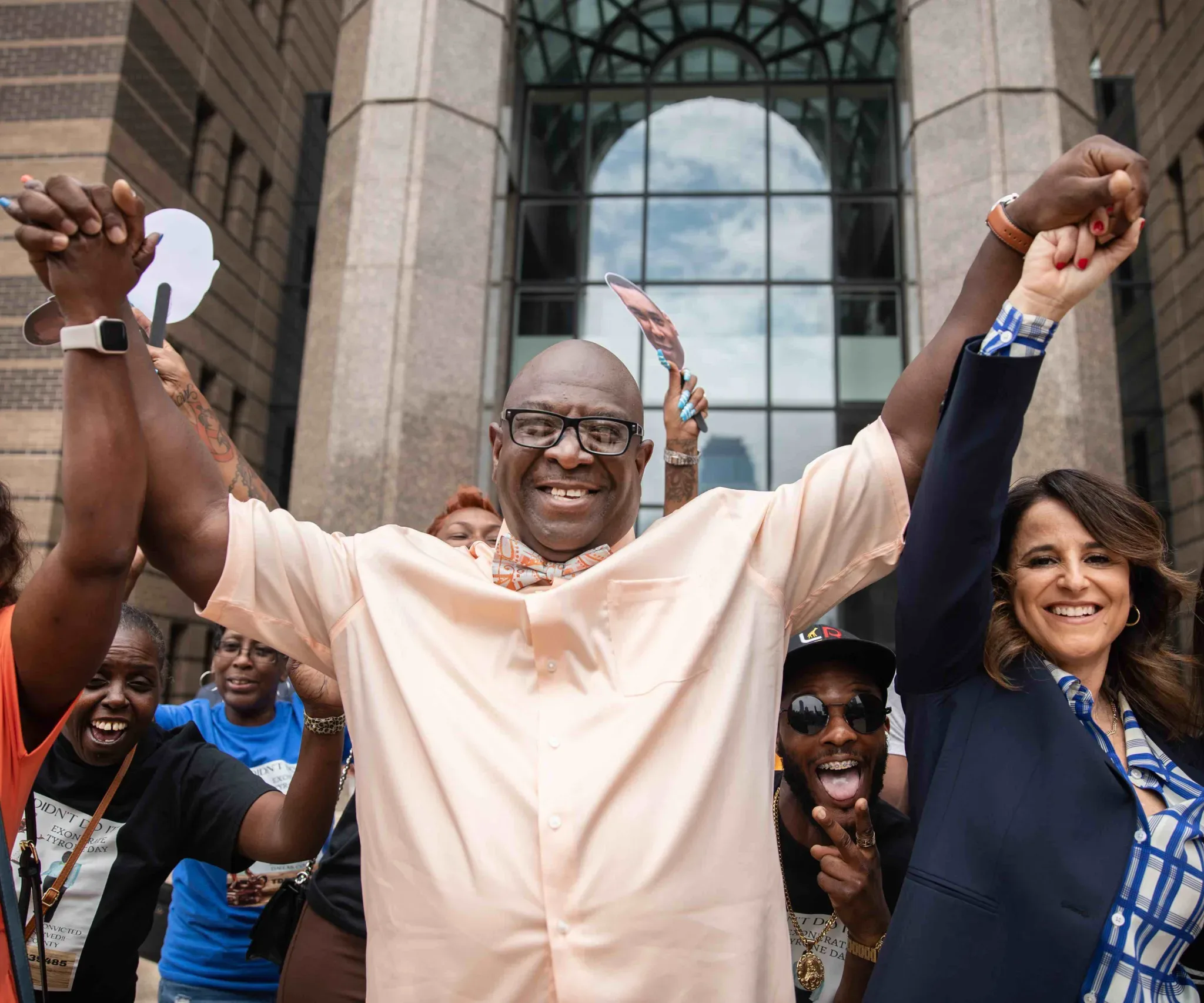
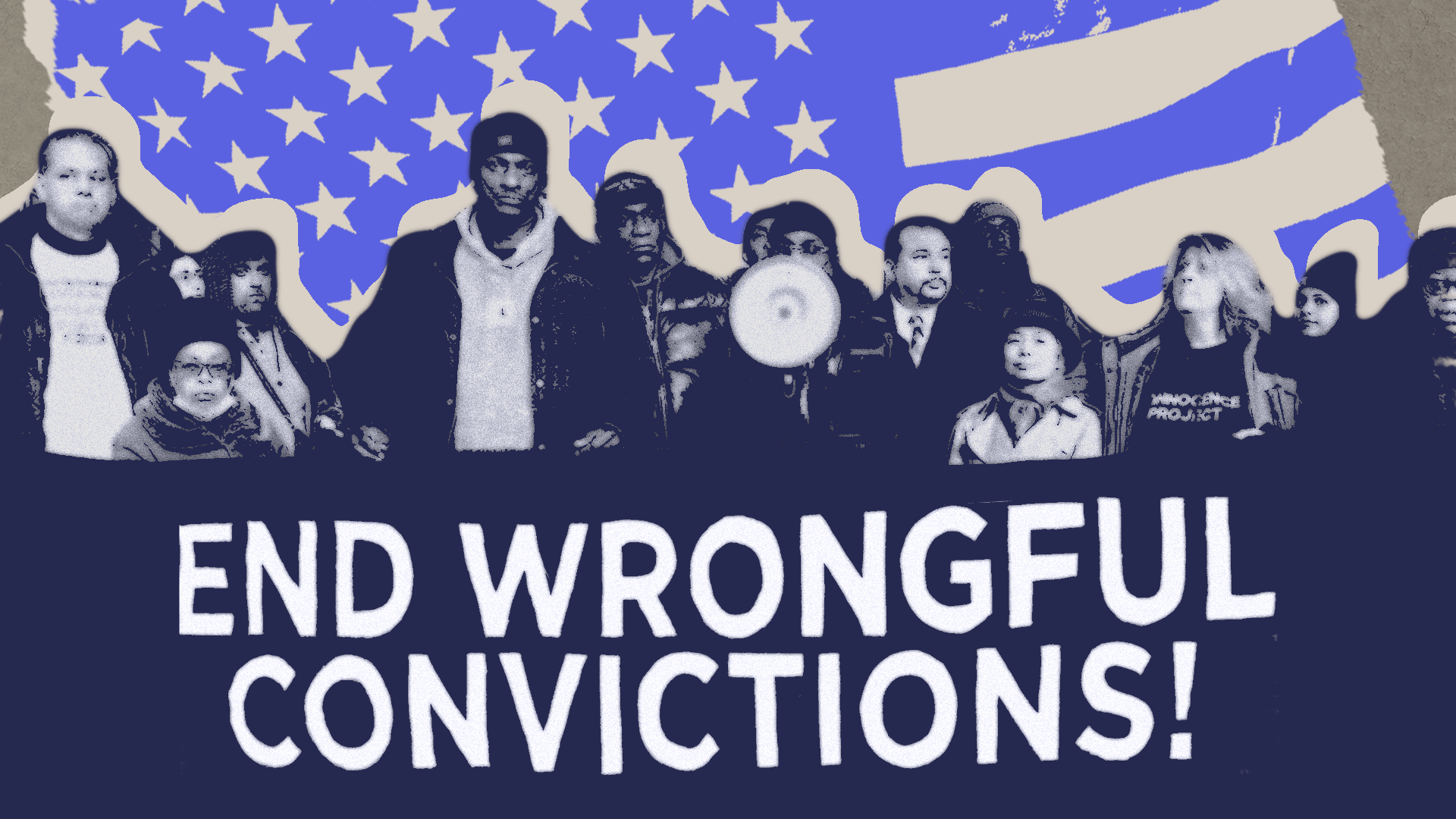
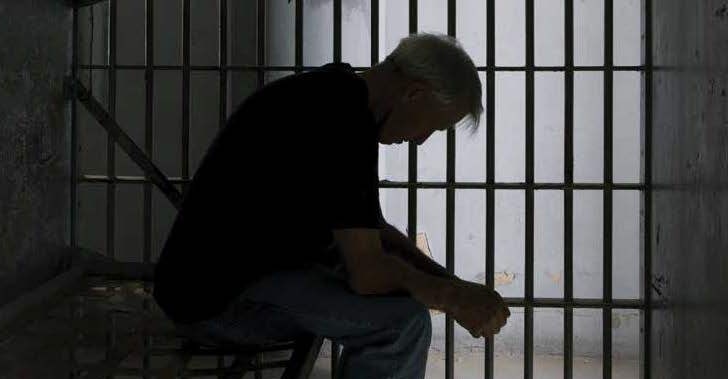
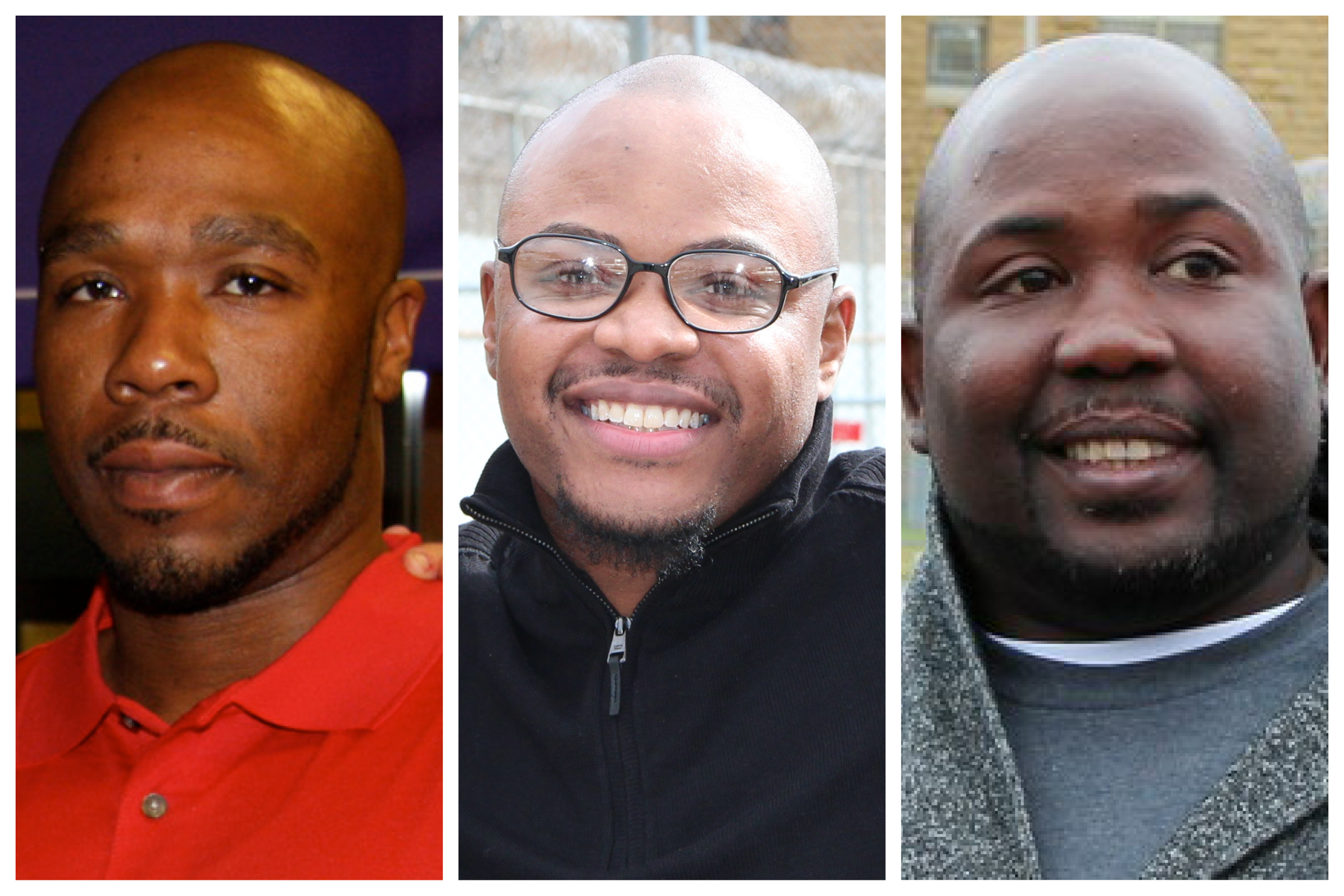
Leave a Reply
Thank you for visiting us. You can learn more about how we consider cases here. Please avoid sharing any personal information in the comments below and join us in making this a hate-speech free and safe space for everyone.